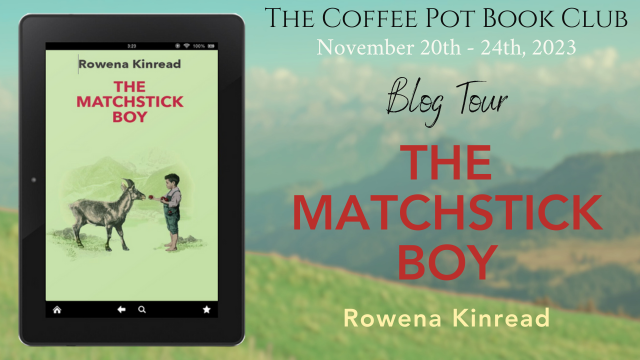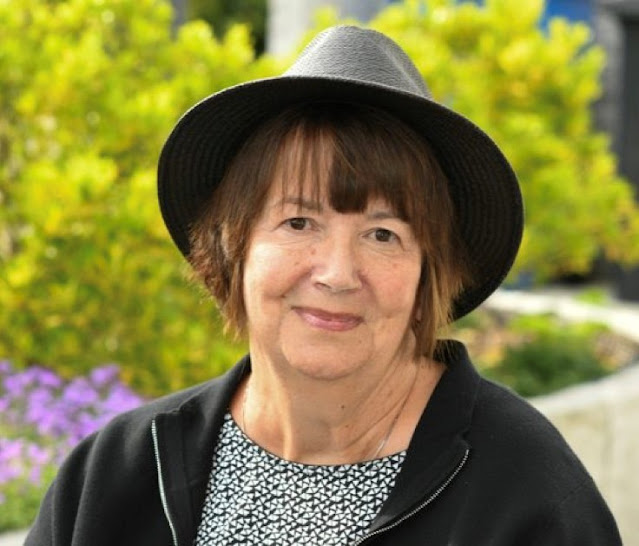SEEKING REDEMPTION, SHE FINDS RETRIBUTION
In 1892, running one of the West’s fanciest brothels is a rough game. In a town filled with brazen criminals, corrupt police, zealous politicians, and morality committees, Madam Mattie Silks makes her fortune catering to Colorado’s gold and silver millionaires.
Notorious crime boss “Soapy” Smith is at the top of the Denver underworld. There are no rules for Smith’s gang. They solve problems with bribes and bullets. When Mattie’s husband stumbles into Soapy’s dealings, she struggles to protect him.
Gold is discovered in the Yukon and Mattie seizes the opportunity for adventure and profit. But Skagway, Alaska, is even more lawless than Denver. Mattie must use all her business sense and street smarts to safeguard those she cares about. Will it be enough? Or will Lady Justice again turn a blind eye?
Based on a true story, The Redemption of Mattie Silks is an action-packed tale of a woman succeeding in a man’s world even when the cards are stacked against her.
Praise
“The research on the era shines through, as do the grit and spirit of the characters. …A colorful and enthralling journey.”
~ K.T. Blakemore, award-winning author of The Good Time Girls series
“A nice, nuanced portrait of the complex underworld with fine and witty turns of phrase. A great Western romp!”
~ Randi Samuelson-Brown, award-winning author of The Bad Old Days series
Denver, Colorado
Summer 1892
What a floozy. A huff of disgust blew from Mattie’s nose. Kate Fulton was hanging all over Cortez, and everyone in Denver knew Cortez Thompson was Mattie Silks’s man. It wasn’t his fault. Women swarmed to him like wasps to spilled cider. When he flashed his smile—that slow, crooked grin that seemed like a stolen kiss—any woman would be powerless to resist. Mattie wished he did more to discourage hussies like this one, but it simply wasn’t in his nature.
There were many reasons to dislike Kate. She was about twenty years younger than Mattie. She ran a second-rate whorehouse down the street from Mattie’s more fashionable parlor house, and right now, she had captured Cortez’s undivided attention. The low scoop of Kate’s blouse showed too much of her chest. Mattie hoped she freckled in the sun.
It had been a fun day of racing and picnics on the banks of Cherry Creek in Denver Park. Cortez won his footrace, and they celebrated in the many canvas-tent saloons around the park. But the races were over, and the drinking establishments, which served something called Taos Lightning, were filling with drunks. It was time to peel Kate Fulton off Cortez, and go home.
She gathered her skirts up and stomped toward the cottonwood tree Kate leaned against, her arms draped around Cortez’s neck. Between the summer heat and the tightness of her corset around her ample curves, Mattie was sure her face was turning an unattractive red. She blew a blond curl out of her eyes.
Cortez had changed out of his star-spangled running tights and looked quite dashing in a dove-gray vest and snug black trousers. His tie was nowhere in sight and his shirt collar hung open. Mattie watched as he smoothed his perfectly oiled sand-colored hair and leaned down to whisper in Kate’s ear. She arched her long, slim neck with a seductive laugh. That was the last straw.
Mattie pulled Cortez away and stuck a finger in Kate’s face. “Stay away from my man.” She turned to him. “It’s time to go home.”
“I don’t think he wants to leave yet.” Kate smirked at Mattie.
The finger that had been stuck in Kate’s face curled up to form a fist. Mattie punched Kate right in the nose. The younger woman gave a muffled cry as blood gushed down her face.
“And stay away from Market Street. Pack up your ugly girls and leave,” Mattie shouted.
Crying and bleeding, Kate swatted at Mattie with both hands. Cortez wrapped an arm around Mattie’s waist, picked her up, and tried to move her out of the reach of Kate’s slaps. He could hardly contain his laughter as Mattie struggled to be put down to get another swing at her rival. Another man grabbed Kate who continued to swat and reach with nails ready to scratch. Mattie kicked, landing whacks on both Kate and the man who was trying to help Cortez pull the women apart.
“You want to fight, Kate Fulton? I have a pistol in my pocket that will settle this right now.”
“A duel,” someone exclaimed from the growing crowd around the spatting women. Above the women’s shrieks and smacks, a storm of voices blew into a tornado of scandalous hearsay.
“Who’s dueling?” asked another.
“Two madams from Market Street. Mattie Silks has a gun hidden in her dress.”
“Kate’s got no gun. She has no place to hide it.”
“What’s going on?” inquired a third.
“Two sporting girls are gonna shoot it out with no clothes on,” cracked a wiseacre.
A horde of men pushed closer, jostling for a better view, hollering excited encouragement at the combatants.
“Who’s taking bets?” shouted someone. “I got a dollar on the little blonde.”
Kate landed a flurry of hits on Cortez’s well-groomed head and pulled at his waxed mustache.
“Now that’s enough,” Cortez declared.
He threw Mattie over his shoulder, her ample bustle in the air, and headed to the little surrey with matching black horses. He pushed her in, clambered up, and headed the rig back to town, his toothy grin gleaming in the dimming light.
Cortez hailed from Texas and was full of the cocksure bluster that is born into men of that region. He claimed to be a footracer and gambler by profession.
Mattie’s profession was the oldest known to mankind and her parlor house was one of the most successful in all the West. Had Mattie been born a man, she could have owned a bank, a hotel, or a mercantile. She had the intellect and gumption to manage any business, but she lacked the correct genitalia to do so. It was with a touch of irony that she made a fortune catering to the male organ.
“Darlin’, you’re the feistiest gal I ever met. But I don’t think you should take up prizefighting. It might ruin your girlish good looks,” Cortez told her with a wink.
Round blue eyes, button nose, and Cupid’s bow lips painted Mattie’s face into an illusion of innocence. It was just a trick of the light. After twenty-five years running a bordello, all the naiveté had been wrung out of her.
“You know my flirting with Kate doesn’t mean anything.” He leaned close and rested his chin on her head. “I always go home with you.”
This was as faithful as Cortez could be. Mattie understood. She made her living selling intimacy with strangers to happily married men.
Theirs was an unusual marriage with Cortez kept in an easy, comfortable lifestyle and Mattie the breadwinner. However, to do business in a man’s world a woman needed a man. Since no law-abiding, God-fearing man with a successful, legitimate business and an ounce of common sense would marry a brothel owner, Mattie hitched her wagon to the charming and handsome, but unreliable Cortez. Thereby, she could use her husband’s name to sign legal papers and conduct banking transactions. The untraditional arrangement suited them both. His occasionally wandering eye was just another thing she had to manage.
“Cort darlin’, I love you, but sometimes I could just shoot you.”
He tossed his head back in laughter. A boy of a man, Cortez rarely took things seriously. Suddenly, a gun fired from behind them. As Mattie turned to see what the ruckus was about, Cortez grabbed his neck. “I’ve been shot.”
Blood seeped through his fingers.
“Sweet Jesus,” Mattie cried, not sure if she was praying or swearing. I didn’t really mean it. She pulled Cortez’s hand away to see a line weeping red under his ear. She grabbed the reins from his hand, snapped the lines over the backs of the horses, and headed at a gallop for the safety of her house on Market Street.
“Harlen, help us” Mattie called to her doorman as the surrey skidded to a stop in front of the elegant brick parlor house. The huge man, who ushered people in, and sometimes threw them out, quickly lumbered down from his post on the front step. Without comment, the bouncer draped Cortez’s arm around his bull-sized neck and half carried his boss’s husband through the public receiving room, up the stairs, and to a private room at the back of the house.
“Girls, send for Dr. Johnson,” Mattie ordered as they rushed past the gaggle of soiled doves who worked for her. Mattie wanted a male doctor to look at Cort’s wound, figuring he had more experience with gunshots than the lady doctor who took care of the particular ailments of good-time girls.
***
“The bullet just grazed the skin. Change the bandage every day to keep the wound clean until it scabs over,” Dr. Johnson instructed Mattie later that night.
He turned to Cortez. “Avoid straining your neck. No fighting or heavy lifting.”
With a lazy smile, Cortez admitted, “I always try to avoid those things or any kind of work at all.”
The doctor turned back to Mattie. “I gave him a dose of laudanum. It does make some people speak rather too honestly.”

























